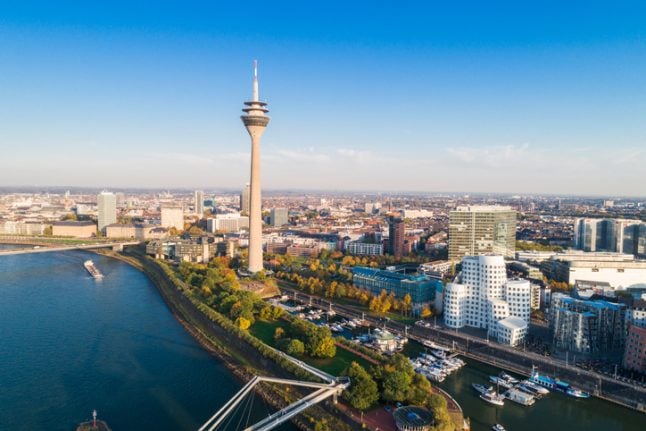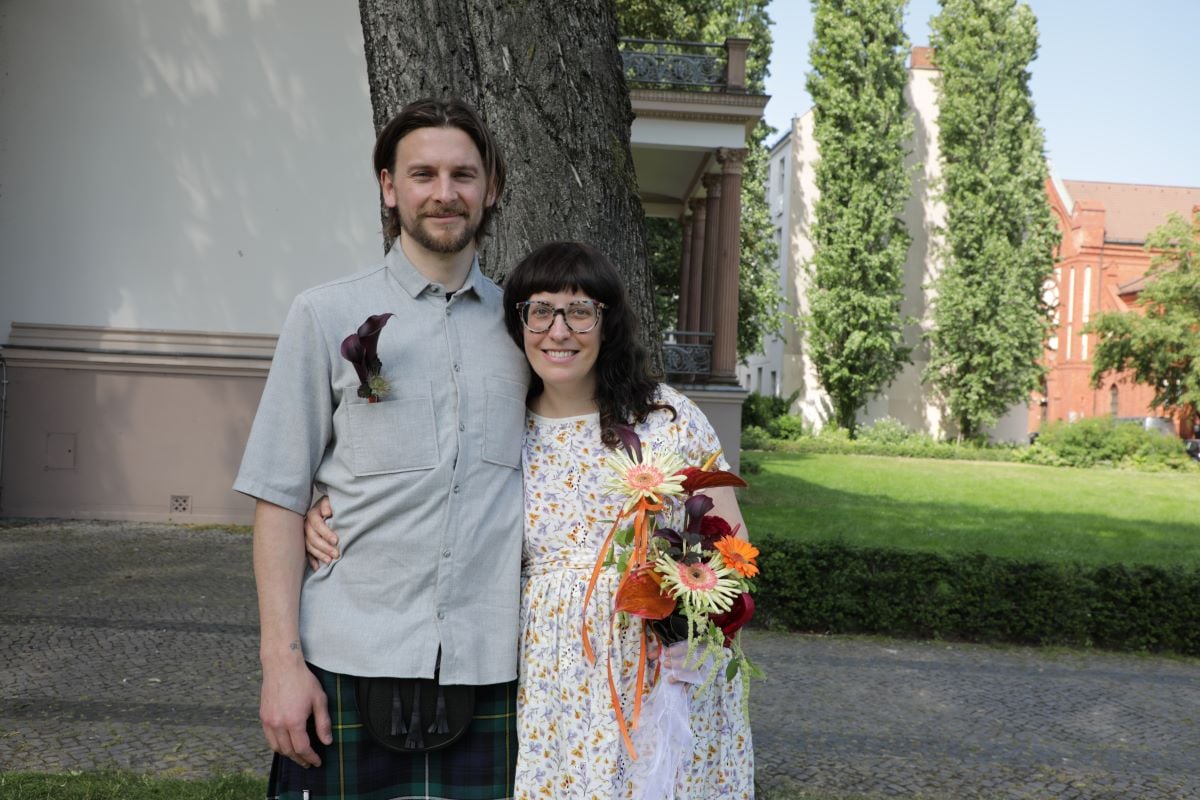Take Düsseldorf, for instance, located on the beautiful banks of the Rhine, and the neighbouring County of Mettmann. The city and wider region are experiencing a boom and are among Europe’s most exciting centres of telecommunications, fashion and business consultancy. The region is also a huge centre of research, boasting more than 22 universities and research institutions, located within the city of Düsseldorf and throughout the surrounding area.
However, moving to a new country always comes with significant challenges – and in 2020 there are more than usual. Fortunately, one of the many things Germany does well is helping new arrivals to quickly settle in. Here, The Local presents a guide to six key things to take into consideration when planning your move to Germany.
If you’re making the move to Düsseldorf or the County of Mettmann for work, you can get help in navigating each of these challenges from Expat Service Desk. This is an official institution run by the Office of Economic Development of the City of Düsseldorf and the County of Mettmann, as well as the Düsseldorf Chamber of Industry and Commerce.
The Expat Service Desk provides advice and support, and their service takes the stress out of settling into the region, with free advice, seminars and activities for new arrivals.
1. Moving in the time of coronavirus
We can’t avoid it: the Covid-19 pandemic is the most transformational event of the century so far. It has changed the way we travel, communicate and work. Even within the European Union, nations have implemented strict measures to halt the spread of the virus, such as quarantines for travellers.
Germany is no exception. The government regularly updates a list of countries from which migration is currently restricted – unless those arriving come under the category of ‘skilled and highly qualified workers’. Your homeland appearing on this list can derail your move, wasting months of planning. In worst case scenarios, bureaucracy at both ends can delay your arrival in Germany by a number of months.
If you’re an international professional moving to work for a company in Düsseldorf or the County of Mettmann, help is at hand. As an official arm of the local government, Expat Service Desk can ensure you can start your move as soon – and as smoothly – as possible.
2. Sign on the dotted line – registration and insurance
Once you have a visa (if required), you’ll need to do two things – register at your local citizen’s office (Bürgerbüro) and provide proof of insurance. Registering is a fairly painless procedure, all things considered, but you’ll need documentation to prove that you’re residing at your given address.
Providing proof of insurance is also reasonably painless, but the wealth of providers and plans can be overwhelming. It’s important to ensure that the insurance plan you choose covers both you and your family for your specific health needs.
Again, a guiding hand to give you advice on registering and obtaining the best insurance provider can save a lot of time and stress.

Photo: Expat
3. Finding a place to live (and the right school for your kids)
The search for a suitable house or apartment can prove tricky, especially in big cities such as Düsseldorf, which is a top location for many industries from telecommunications to legal and business consultancy – as well as having a growing start-up scene.
Combine a shortage of housing in certain areas with a bewildering array of jargon (kalt? warm? WG? nebenkosten?) and the search for a place can be perhaps the most stressful part of a German move. Making sure you get good advice can save you a great deal of time, money and worry.
If you’ve got kids, finding a suitable school in Germany for them can also be fraught with challenges. Finding the right school for your children is never easy. When faced with international schools, bilingual German state schools and alternative learning environments, it’s easy to become completely confused without help from a reliable source.
Expat Service Desk can support your company to strip away all the difficulties of settling down, so you (or your employee) can focus on getting on with your job.
Get help settling into Düsseldorf or the County of Mettmann with Expat Service Desk
4. Making friends
Coming to a country where you don’t speak the language can make for a lonely experience. It’s easy to feel lost, and cultural differences can make the process of finding friends long and arduous.
Basic German courses, and immersion activities in the local community can be helpful, but they can also be relatively hard to access, especially if you don’t know where to start and your preferred learning style. Again, having those around you who can evaluate and make the right introductions can not only make finding friends easier, but help you give others advice upon their arrival.
Expat Service Desk, for example, organises seminars in English that provide you with information about all aspects of living and working in the region – and where you’ll have the opportunity to meet fellow expats who can give you the lowdown on your new home. They also provide information about international associations and further help to get in touch with the local expat community.
5. Don’t forget about fun!
To some, Germans have a reputation as overly serious, lacking a sense of humour and fun. This couldn’t be further from the truth. Germany as a nation is a riot of fun, festivals and free time activities. Nowhere is this more true than in Düsseldorf and the County of Mettmann.
Like history? You’re surrounded by it! Enjoy the great outdoors? The region has some of the most gorgeous environments in Europe. The County of Mettmann is also known for its green landscapes and classical German architecture, as well as including the Neander Valley, where the first identified Neanderthal bones were found in 1856.

Are you a foodie? You’re going to eat like a king – along with an altbier! While half the fun of settling into a new country can be discovering what makes it tick, having people around you who can point out things that you’ll enjoy is always a help.
6. British? Get the latest on Brexit
If you’re British, there’s unfortunately one more thing to think about. In terms of migration, however, things remain fairly stable – if you are resident in Germany before 31 December 2020, you’ll have the right to permanently reside in the country.
You’ll have to get a new residence document to confirm your rights under the Withdrawal Agreement between the UK and the EU (but the exact process for obtaining this is yet to be announced).
After 31 December, however, things get more complicated. To work within Germany, Britons will require the same kind of work visas that those outside the EEA do. While German bureaucracy is fairly efficient, it can still seem overly complex for outsiders.
Organisations such as Expat Service Desk – for those in Düsseldorf or the County of Mettmann only – can offer assistance in ensuring you make the right appointments, have the right paperwork, and receive documentation with the least stress.




 Please whitelist us to continue reading.
Please whitelist us to continue reading.